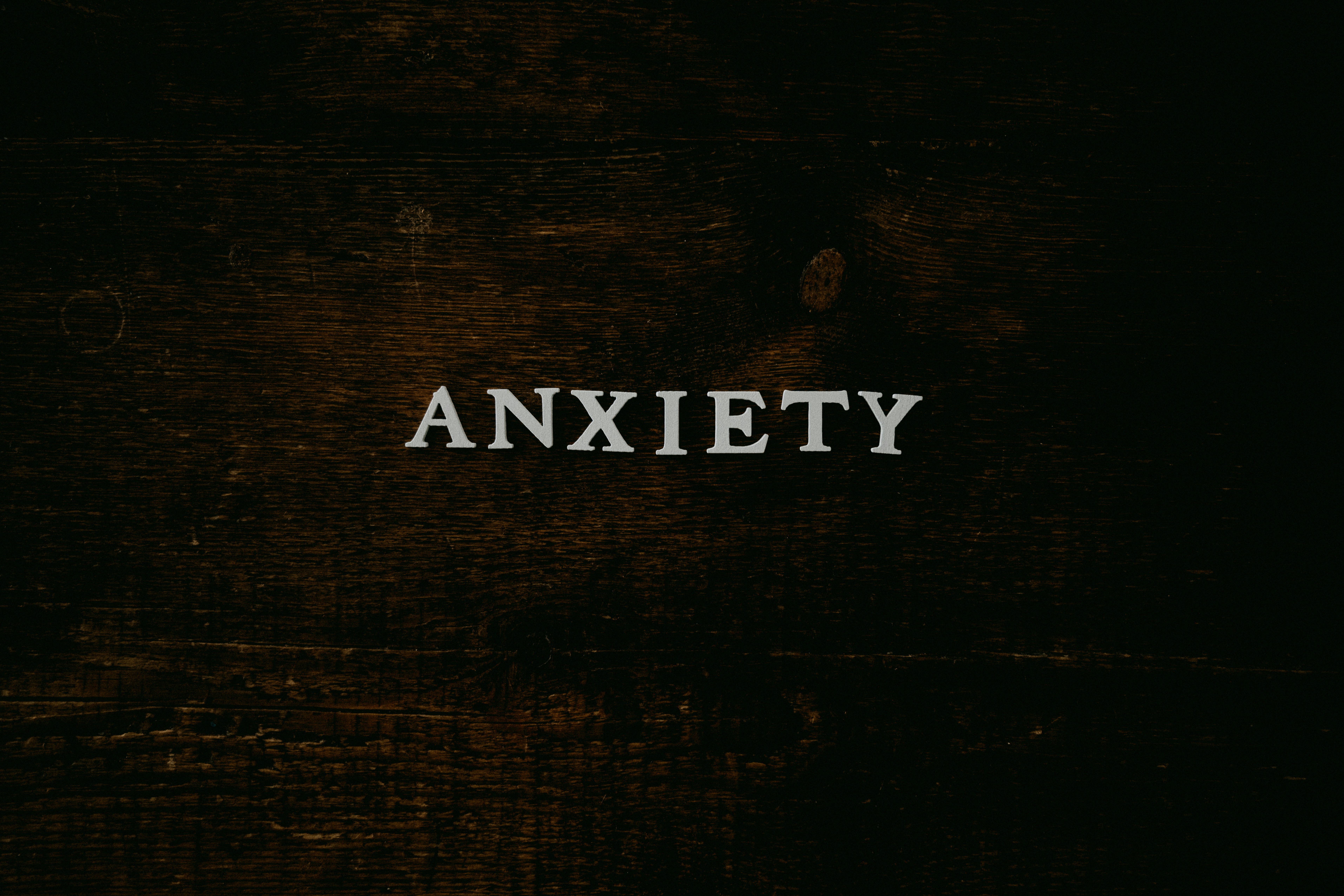
The notion of World War III anxiety arises from a complex interplay of historical, psychological, and socio-political factors. As global geopolitical tensions continue to rise, many individuals find themselves grappling with the fear of an impending large-scale conflict. This anxiety is fueled by a series of events, including military escalations, territorial disputes, and the proliferation of nuclear arsenals, which heighten apprehensions about the potential for another worldwide conflict.
Historically, the echoes of the two previous world wars continue to resonate within contemporary society, shaping public perception and anxiety. The stark images and stories from those eras serve as a reminder of the devastation that global warfare can bring. Furthermore, misinformation disseminated through social media can exacerbate these fears, creating echo chambers that amplify the narrative of an unavoidable conflict. The constant barrage of news focusing on military preparedness and confrontations among nuclear powers further intensifies concerns, particularly among younger generations who are more attuned to online discourse.
Psychologically, World War III anxiety can manifest as existential dread, where individuals ponder not only their own survival but also the future of humanity as a whole. Such anxiety can be more pronounced among specific demographics, such as young adults and those living in politically volatile regions. These individuals may experience heightened stress levels and worries about geopolitical instability affecting their lives. Knowledge and awareness of these issues, often accumulated through media consumption, can lead to feelings of helplessness and fear, which can perpetuate a cycle of anxiety.
Additionally, there is a social dimension to this phenomenon, as societal narratives and cultural products reflect and contribute to these fears. In a time when uncertainties seem to dominate the discourse, understanding World War III anxiety requires not only recognizing the psychological underpinnings but also acknowledging the broader societal influences that shape these emotions. By examining these interconnected factors, one can better comprehend the prevailing anxiety surrounding the prospect of a third world war.
The Rise of Dark Meme Humor in Troubling Times
In an era marked by uncertainty and anxiety, particularly in relation to global conflicts such as the looming specter of World War III, dark meme humor has emerged as a notable coping mechanism. This form of humor, often characterized by its bleak and morbid themes, allows individuals to confront and process their discomfort regarding serious societal issues. Dark humor, by its nature, offers a way for people to laugh in the face of adversity, helping to mitigate feelings of fear and helplessness that can arise during such troubling times.
Dark meme humor specifically takes this concept to a digital platform, enabling quick dissemination and sharing among internet users. It often manifests in memes that reference apocalyptic scenarios, absurdity of global warfare, or existential dread. For many, engaging with these memes provides a sense of community and understanding. When faced with the gravitas of global conflicts, these humorous expressions can become a means of solidarity among those dealing with similar anxieties. They create an environment where shared fears can be acknowledged yet transformed into opportunities for laughter, however dark that humor may be.
The popularity of dark memes related to World War III can be attributed to their accessibility and relatability. Such content not only allows individuals to express their worries in a freeze-frame of humor but also prompts critical discussions about the realities behind these fears. Additionally, there is a psychological aspect to consider; humor can serve as a defense mechanism, allowing people to maintain their sanity amidst chaos. By framing serious global issues within the lens of humor, individuals may find relief from overwhelming emotions. Ultimately, dark meme humor plays a vital role in how society copes with anxieties surrounding global conflicts, proving its cultural significance in an increasingly troubled world.
The Benefits and Dangers of Using Humor in Crisis
Humor, particularly dark humor, has a notable role in mitigating anxiety during crises, such as the pervasive fear of World War III. The use of humor can serve as an emotional buffer, allowing individuals to cope better with distressing circumstances. By transforming a serious situation into a subject of satire or irony, dark humor provides a unique coping mechanism that can foster community bonding among those who share similar anxieties. This shared experience can create a supportive environment, where individuals feel less isolated in their fears and more connected to others who understand their sentiments.
Moreover, humor has been shown to relieve stress by triggering the release of endorphins, promoting a sense of well-being. It allows people to step back from their worries, granting them a momentary escape from the grim realities they face. In the context of anxiety surrounding potential global conflict, this can be invaluable. Engaging with humor not only aids in processing emotions but also encourages individuals to think critically about the situation, potentially leading to increased awareness and advocacy for peace.
However, the reliance on dark humor is not without its dangers. A pervasive engagement with such humor may lead to desensitization towards violence, potentially normalizing the notion of war in the minds of individuals. This normalization can be dangerous, as it risks undermining the gravity of war and its consequences. Furthermore, humor that diminishes the reality of suffering can alienate those directly affected by conflict, creating rifts rather than fostering connections. As such, while humor can be a powerful coping strategy, it is imperative to approach it with caution and discernment.
Finding Balance: Healthy Ways to Cope with Anxiety
The anxiety stemming from concerns about geopolitical tensions, such as the threat of World War III, can be overwhelming. It is essential for individuals experiencing such anxiety to adopt a multifaceted approach to manage their feelings effectively. One effective method is the practice of mindfulness, which can serve as a grounding technique. Mindfulness encourages individuals to remain present in the moment, focusing on their breath and bodily sensations while gently acknowledging anxious thoughts without judgment. This practice can help reduce feelings of anxiety by fostering a sense of calm and control.
Engaging in community discussions can also be beneficial. Connecting with others who share similar feelings can help to normalize anxiety and reduce the sense of isolation many people experience. Participating in local forums or online platforms allows individuals to express their concerns and hear diverse perspectives, which can provide a more balanced view of the current political landscape. These discussions often serve not just as an outlet for anxiety, but also as a source of information and validation.
Seeking support from mental health professionals is another vital approach. Therapists and counselors are equipped to offer coping strategies that are tailored to individual needs, guiding individuals effectively through their fears. Cognitive Behavioral Therapy (CBT) is particularly effective for anxiety management, as it helps identify negative thinking patterns and replace them with healthier, more constructive thoughts.
Moreover, consuming media that addresses these geopolitical issues in constructive ways can provide insights without overwhelming fear. Engaging with content such as documentaries or expert analyses helps to inform while promoting critical thinking, allowing individuals to gain a sense of agency and understanding. By combining these strategies – mindfulness practices, community engagement, professional support, and purposeful media consumption – individuals can develop a well-rounded approach to manage their anxiety while maintaining a critical engagement with the humorous facets of the situation surrounding World War III.




